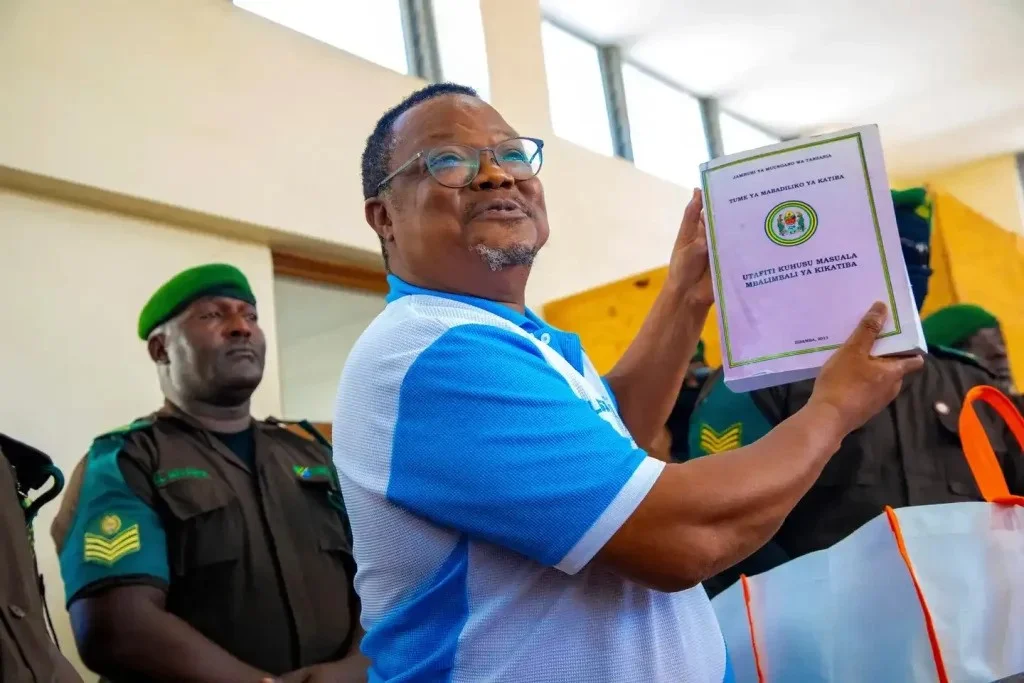Tanzania’s opposition leader Tundu Lissu stood trial in Dar es Salaam on Monday, accused of treason just weeks before the country’s national elections. Prosecutors allege that Lissu, who heads the CHADEMA party, incited unrest by urging citizens to disrupt the upcoming vote. His supporters, however, claim the case is politically driven and meant to suppress dissent. Arrested in April, Lissu now faces what many see as a defining moment for Tanzania’s fragile democracy.
Lissu’s Defense and Political Context
The opposition chief has rejected all accusations, describing them as an attempt to weaken his party before election day. Lissu’s legal team insists the charges lack merit and aim to intimidate government critics. Known for surviving a 2017 assassination attempt that left him with 16 gunshot wounds, Lissu remains defiant. The attackers were never identified, a fact that continues to stir suspicion among his followers.
CHADEMA officials issued a statement ahead of the trial, saying their chairman is ready for a tough legal fight. Witness testimonies are expected to shape what could become one of the nation’s most politically charged trials in years.
Election Exclusion and Rising Tensions
The National Electoral Commission disqualified CHADEMA from this month’s presidential race, citing the party’s refusal to sign a required behavioral code. Another key opposition party was also barred, clearing the way for President Samia Suluhu Hassan and the ruling Chama Cha Mapinduzi (CCM) to dominate the contest. Lissu has repeatedly warned that the election cannot be credible without broad political participation.
Outside the courtroom, police clashed with some of Lissu’s supporters who were blocked from attending the session. Authorities have also banned live coverage of the proceedings, citing the need to protect witnesses and preserve order.
Human Rights Concerns Under President Hassan
Lissu’s detention adds to growing concerns about human rights in Tanzania. Advocacy groups accuse President Hassan’s government of backtracking on civil freedoms after initial progress early in her tenure. When she succeeded the late John Magufuli in 2021, Hassan was praised for easing restrictions on media and opposition groups. However, reports of abductions, arrests, and intimidation have since resurfaced.
The president insists her administration remains committed to democratic reform and transparency. Last year, she ordered investigations into alleged kidnappings of activists, but the findings have yet to be made public.
A Pivotal Moment for Tanzanian Democracy
With limited opposition on the ballot and growing international scrutiny, Lissu’s treason case symbolizes the broader struggle for political openness in Tanzania. Analysts warn that the outcome could determine the nation’s democratic direction. For many Tanzanians, the trial is not just about one man—it’s a test of whether justice and free expression can survive in the country’s current political climate.
__________________________________________________






